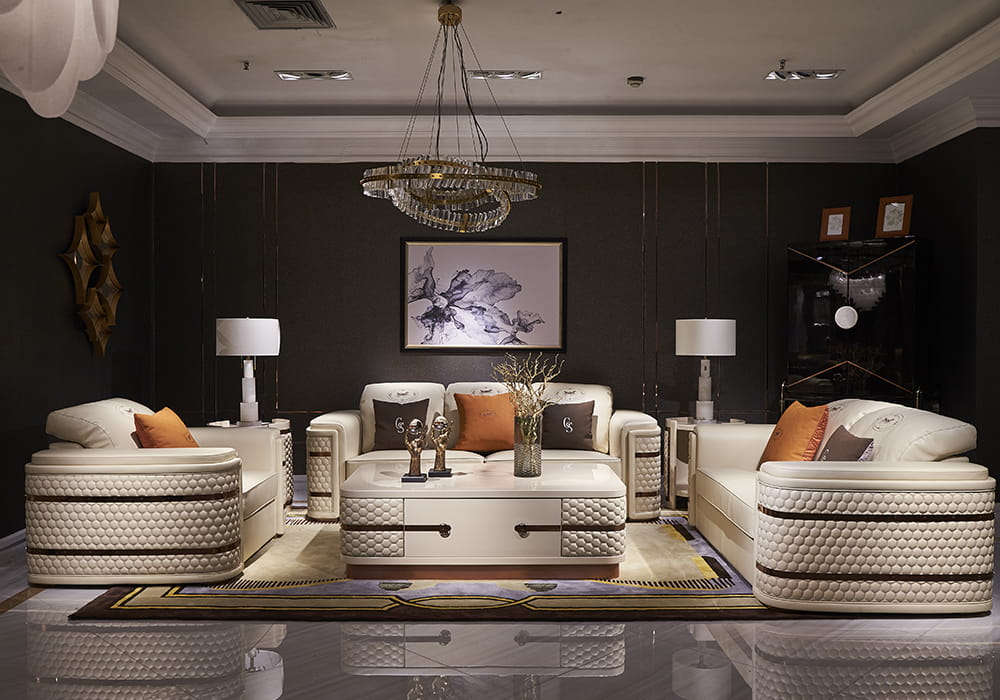The demand for
classical bedroom furniture has been influenced by several factors stemming from the evolving design landscape:
1. Contemporary Design Preferences: Contemporary interior design has emphasized sleek lines, minimalist aesthetics, and functional practicality. This shift towards modern and contemporary styles has led to a decrease in the demand for classical bedroom furniture. Many individuals now prefer clean and uncluttered spaces with furniture that reflects a more streamlined and simplistic design ethos.
2. Influence of Global Design Trends: As global design trends have become more accessible through social media and international exposure, there has been a greater emphasis on diverse design styles and cultural influences. This has led to a surge in demand for furniture that embodies a fusion of different design elements, making classical bedroom furniture less prevalent in some markets.
Despite these influences, classical bedroom furniture continues to maintain its popularity in interior design due to several enduring factors:
1. Timeless Elegance: Classical bedroom furniture exudes a sense of timeless elegance that transcends passing trends. The intricate detailing, ornate carvings, and refined craftsmanship associated with classical designs create a sense of grandeur and sophistication. This enduring elegance appeals to individuals who seek a sense of luxury and a statement piece within their bedrooms.
2. Emotional Appeal and Nostalgia: Classical bedroom furniture often evokes a sense of nostalgia and romanticism. The traditional motifs and design elements can evoke a sentimental connection to bygone eras or cultural heritage. This emotional appeal attracts individuals who appreciate the sentimental value and seek to create a warm and nostalgic ambiance within their bedrooms.
3. Quality and Craftsmanship: Classical bedroom furniture is often crafted using traditional woodworking techniques and high-quality materials. The attention to detail, handcrafted elements, and superior craftsmanship contribute to furniture pieces that are built to last. The durability and longevity associated with classical designs make them appealing to individuals who value heirloom-quality furniture that can be passed down through generations.
4. Versatility and Adaptability: Classical bedroom furniture can seamlessly integrate with various design styles and aesthetics. It can act as a versatile anchor within a space, allowing individuals to mix and match different design elements and create a personalized interior. Classical pieces can be paired with contemporary accents or used to bring a sense of balance and visual interest within eclectic interiors.
5. Symbol of Prestige and Status: Classical bedroom furniture is often associated with luxury, opulence, and a sense of prestige. Owning classical furniture pieces can be seen as a symbol of status and taste, showcasing one's appreciation for traditional aesthetics and fine craftsmanship. This aspirational element contributes to the enduring popularity of classical designs among those who desire a sense of luxury and distinction in their bedrooms.

